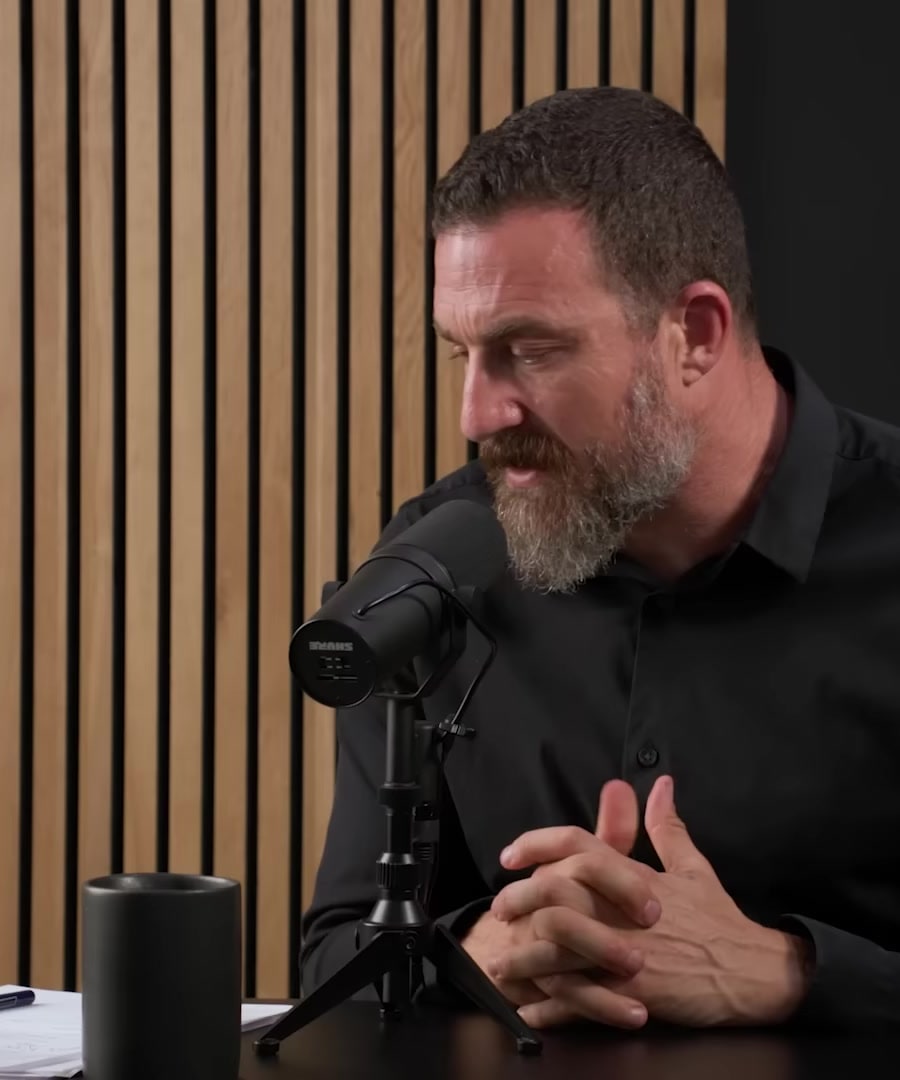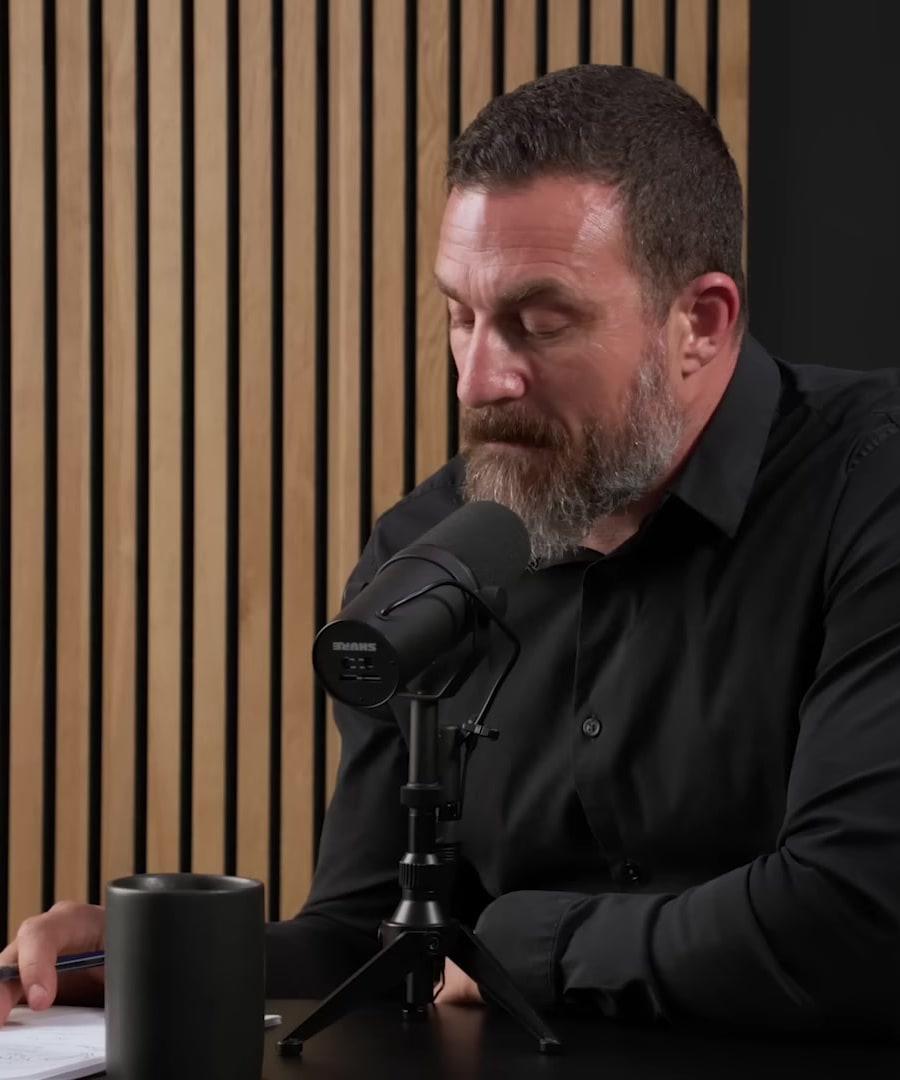Misconceptions about egg freezing?
Sources:
There are several misconceptions surrounding egg freezing that are often addressed by and Dr. Natalie Crawford:
-
Impact on Future Fertility: Many fear that egg freezing will deplete their ovarian reserves prematurely. However, Dr. Crawford explains that this is not the case. Egg freezing only involves retrieving the eggs that would naturally be ovulated or lost in a given cycle. It does not deplete the overall number of eggs in the "vault" 1.
-
Age and Egg Quality: There is a misconception that egg quality does not significantly decline until much later in life. In reality, both the quantity and quality of eggs begin to decline sharply around age 37. Freezing eggs at a younger age significantly improves the chances of successful fertilization later on 2 3.
-
Utility of AMH Testing: Some believe that Anti-Müllerian Hormone (AMH) testing can predict their ability to get pregnant naturally. However, AMH primarily indicates ovarian reserve, not the overall fertility potential or the likelihood of natural conception 4.
-
Procedure and Risks: The egg freezing process is often perceived as highly risky and painful. While it involves hormone injections and minor surgery, most patients tolerate it well. The procedure uses the body’s natural hormones (FSH and LH) to stimulate the growth of multiple eggs, which are then collected and frozen 5.
-
Success Rates: Some believe that all frozen eggs will guarantee a future pregnancy. In reality, not every egg will fertilize or result in a viable embryo. Approximately 90% of frozen eggs will survive thawing, about 75% will fertilize, and 50% of those may develop into embryos suitable for implantation 5.
Understanding these nuances can help individuals make more informed decisions about their reproductive health and family planning.
RELATED QUESTIONS-




